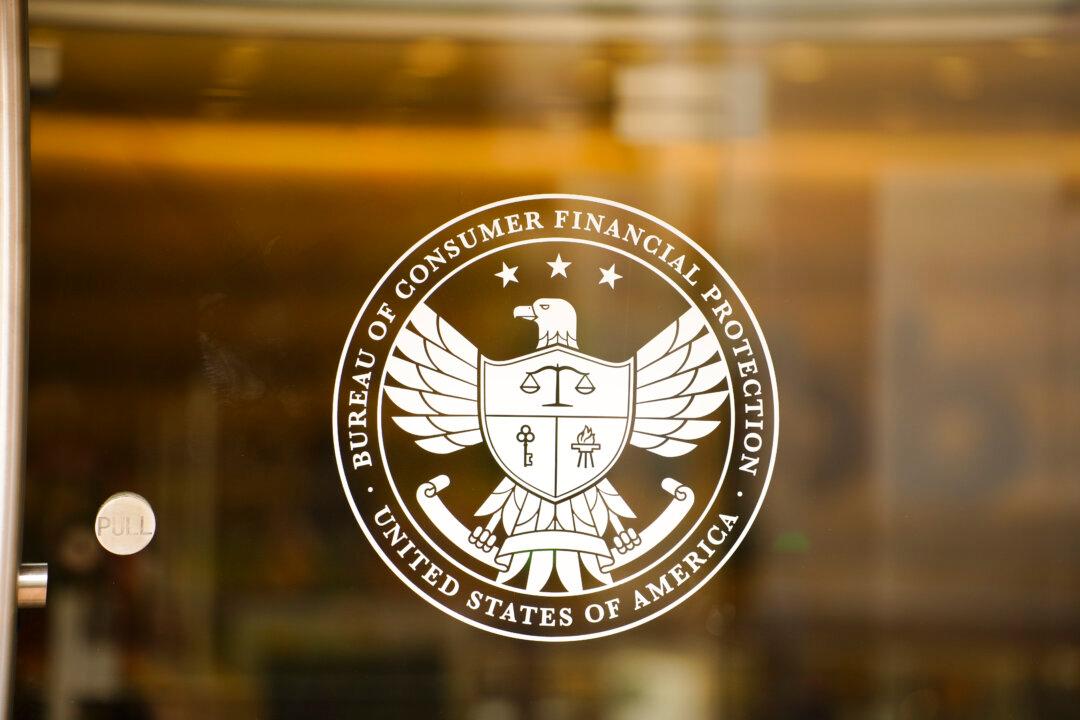The Consumer Financial Protection Bureau (CFPB) proposed a rule affirming that lenders providing paycheck advance loans are extending consumer loans and thus subject to provisions under the Truth in Lending Act.
The CFPB rule relates to earned wage products that offer workers access to a portion of their unpaid wages prior to their payday. The employee is required to repay the amount from their paycheck together with some charges, which include interest rates and fees for expedited access to funds.





